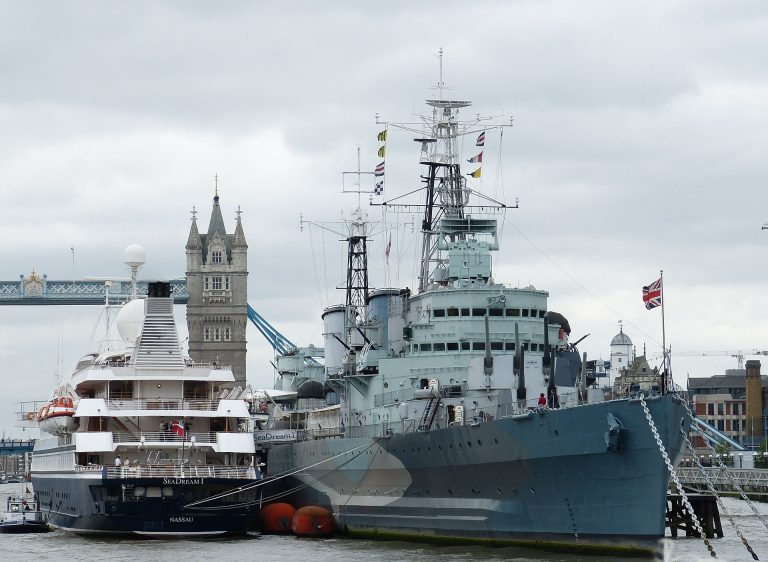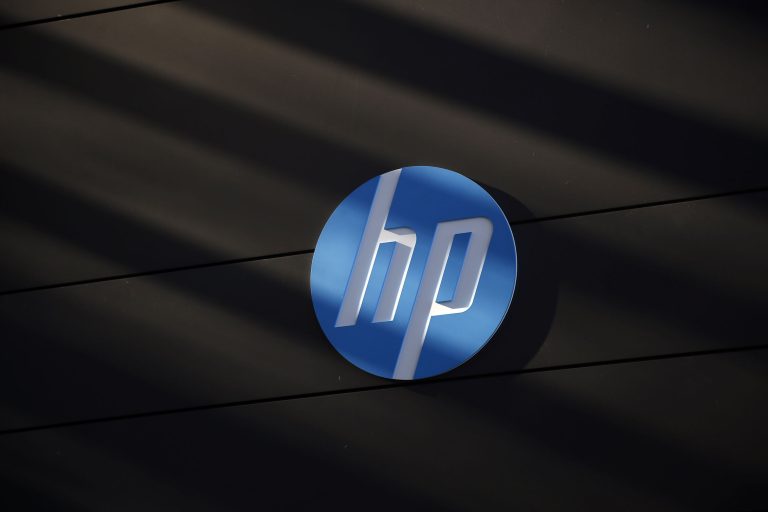On July 20, Britain declared that it would soon be deploying warships in Asian waters. The deployment would come after aircraft carrier HMS Queen Elizabeth and escort ships sail to Japan in September, traversing the South China Sea where Beijing is seeking to assert its dominance.
“Following on from the strike group’s inaugural deployment, the United Kingdom will permanently assign two ships in the region from later this year,” Britain’s defense minister, Ben Wallace, said in a joint announcement in Tokyo with his Japanese counterpart Nobuo Kishi.
At present, the HMS Queen Elizabeth strike group is conducting joint exercises with the Indian Naval force. On July 22, the group’s official Twitter account posted images of the exercises showing Indian warships taking part in the joint activities. A July 19 tweet stated that the UK carrier group “will operate with the US, Australia, France, Japan, New Zealand & Republic of Korea in the coming months.”
Once the strike group arrives in Japan, HMS Queen Elizabeth and escort ships, which comprises two frigates, two destroyers, two support vessels, and ships from the Netherlands and the United States, will split up for separate port calls to the Japanese and U.S. naval bases in Japan. Outside of America, the largest U.S. military force is located in Japan, which includes thousands of marines and assets like aircraft, ships, etc.
In a July 21 press conference, Chinese foreign ministry spokesperson Zhao Lijian accused Washington and Tokyo of attempting to form an “anti-China encirclement.”
Success
You are now signed up for our newsletter
Success
Check your email to complete sign up
“The US and Japan should immediately stop meddling in China’s internal affairs, and stop undermining regional peace and stability. China will resolutely safeguard its own sovereignty, security, and development interests,” Lijian said.
In addition to the UK, other European powers are also seeking to increase their naval presence in Asia, mostly in a bid to counter an aggressive China. In December last year, a French nuclear submarine conducted military exercises in the Philippine Sea along with Japanese and U.S. forces. France has two military bases in the Indo-Pacific region, French Polynesia and New Caledonia.
Germany plans on sending a frigate to Asia next month. On its return trip, it is scheduled to cross the South China Sea, becoming the first German warship to do so since 2002. A spokesperson for the U.S. State Department welcomed the move. “We welcome Germany’s support for a rules-based international order in the Indo-Pacific. The international community has a vital stake in the preservation of an open maritime order,” the spokesperson stated.
Japan and Taiwan
Meanwhile, Japan is changing the way its maps depict China and Taiwan. In a white paper titled “Defense of Japan” published on July 13, the map of China is depicted without Taiwan. This is the first time Japan has published such a map. Earlier maps that had shown Taiwan as part of China had drawn criticism from Taiwanese living in Japan. The map update indicates a significant shift in Tokyo’s policy with regard to China.
“Stabilizing the situation surrounding Taiwan is important for Japan’s security and the stability of the international community… Therefore, it is necessary that we pay close attention to the situation with a sense of crisis more than ever before,” the paper stated.
Taiwan’s Ministry of Foreign Affairs thanked the Japanese defense ministry for paying “close attention to the situation with a sense of crisis more than ever before.” In contrast, Beijing was not happy with the new map in the white paper. Chinese foreign ministry spokesperson Zhao Lijian accused Japan of having “grossly interfered in China’s internal affairs.”
In an interview with Bloomberg last month, defense minister Nishi had stated that the security of Taiwan was directly linked with Japan.
“We are closely monitoring ties between China and Taiwan, as well as Chinese military activity… As China strengthens its military, its balance with Taiwan is tipping heavily to the Chinese side,” Kishi said, adding that the gap was widening with each passing year.
A recent video circulating among Chinese netizens states that Beijing would nuke Japan if it comes to the aid of Taiwan. The video is an excerpt of a longer video that was uploaded on an official CCP military channel.
“When we liberate Taiwan, if Japan dares to intervene by force – even if it only deploys one soldier, one plane or one ship – we will not only return fire but also wage full-scale war against Japan itself. We will use nuclear bombs first. We will use nuclear bombs continuously until Japan declares unconditional surrender for the second time,” the video states.







